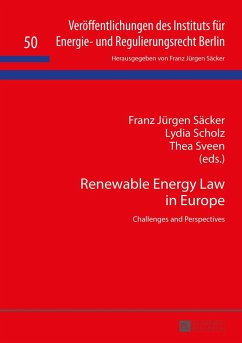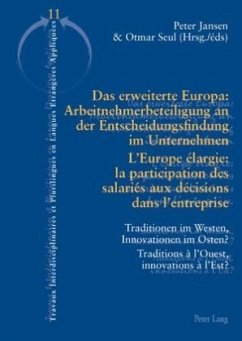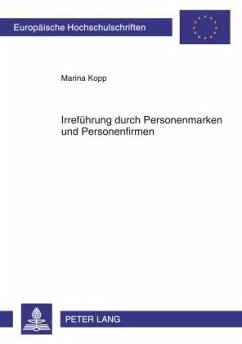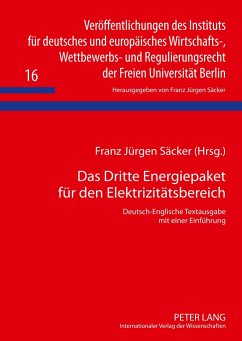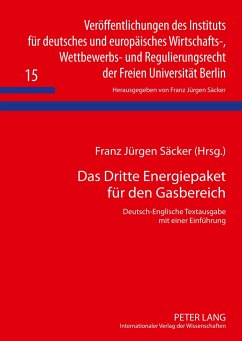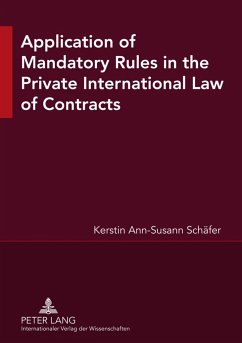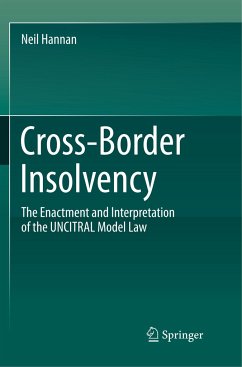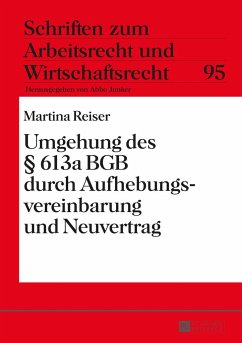
Standard Contract Terms in Cross-Border Business Transactions
A Comparative Study from the Perspective of European Union Law
Versandkostenfrei!
Versandfertig in 6-10 Tagen
77,40 €
inkl. MwSt.

PAYBACK Punkte
0 °P sammeln!
This book presents an overview of regulation of standard form contracts in the selected jurisdictions of the European Union. Generally, the term 'regulation of standard form contracts' refers to the techniques and procedures that are established by the government and case law to control the fairness and reasonableness of contracting or contractual arrangements. The necessity of regulating standard form contracts is explained by arguing that absolute freedom of contract does not contribute enough to the welfare of society, even if we assume that such freedom exists in reality. Four jurisdiction...
This book presents an overview of regulation of standard form contracts in the selected jurisdictions of the European Union. Generally, the term 'regulation of standard form contracts' refers to the techniques and procedures that are established by the government and case law to control the fairness and reasonableness of contracting or contractual arrangements. The necessity of regulating standard form contracts is explained by arguing that absolute freedom of contract does not contribute enough to the welfare of society, even if we assume that such freedom exists in reality. Four jurisdictions of the European Union - Germany, France, England, and Lithuania - have been selected for closer examination in order to build up a comprehensive view in the three major jurisdictions of the Union as well as in the 'new Europe'. Moreover, the study elucidates the links between national contract laws and the European Union law. In view of the obstacles a trader may face in abiding by unknownforeign regulations, the national regulations of standard form contract are assessed in the light of so-called 'indistinctly applicable measures' that are prohibited under the European Union law. Thus different options aimed at eliminating trade restrictions created by foreign regulations on standard form contracts are contemplated in this book.



